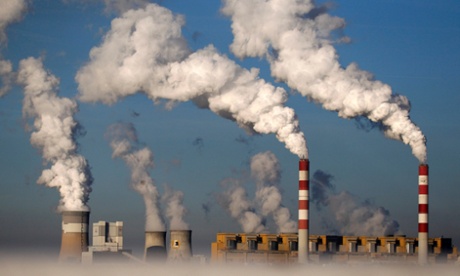The deal made by the European leaders to cap the greenhouse gas emissions was criticised as soon as it was announced. Hailed in the media as a historic agreement, it was intended to put pressure on the world’s biggest polluters, the US and China ahead of the United Nations climate meeting in Paris at the end of 2015. The target for the reduction of emissions was set at 40% by 2030. However the environmentalist perspective held that the agreement was a weak compromise made to appease members such as Poland, who relies on carbon-heavy coal, and Britain, unwilling to accept measures related to energy from renewable sources. The goals were watered down considering they were set against the 1990 levels of carbon emissions, a time where they were considerably high in comparison to today. Measured against the US, and with the provision that Obama’s initiatives are successful, this would put Europe marginally in front of the US in emissions cuts.
In summary the measures agreed were:
Greenhouse gas emissions will be reduced by at least 40% by 2030.
Half of this reduction will be achieved via the Emissions Trading System, which penalises polluting by auctioning emissions allowances.
The remaining half is to be achieved by new measures in sectors such as transport, agriculture and buildings. Essentially this allows countries active in one sector to compensate by reinforcing others in which they are performing poorly.
Angela Merkel clarified that the overall 40 percent target is binding for the EU, but could be adjusted for individual countries according to their performance.
The second target is that at least 27% of the EU’s energy consumption in 2030 should come from a renewable source.
The third target is to increase the EU’s energy efficiency by “at least 27%”.
The fourth target is that by 2030 the bloc should have “electricity interconnection worth 15%” of installed capacity, which means that each country should be able to transfer 15% of the energy it produces between its neighbours.
Another point of criticism has been the review clause included in the agreement that allows for the climate and energy framework to be reviewed if an international treaty is not struck at the international summit in Paris in 2015. This has been championed by Hungary, however France and Germany insisted that the target is not to be adjusted downward.



